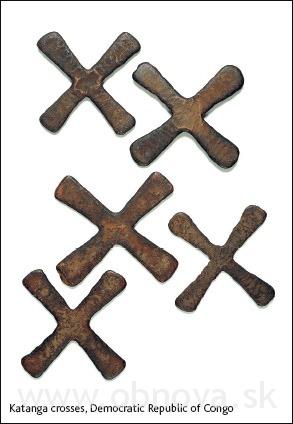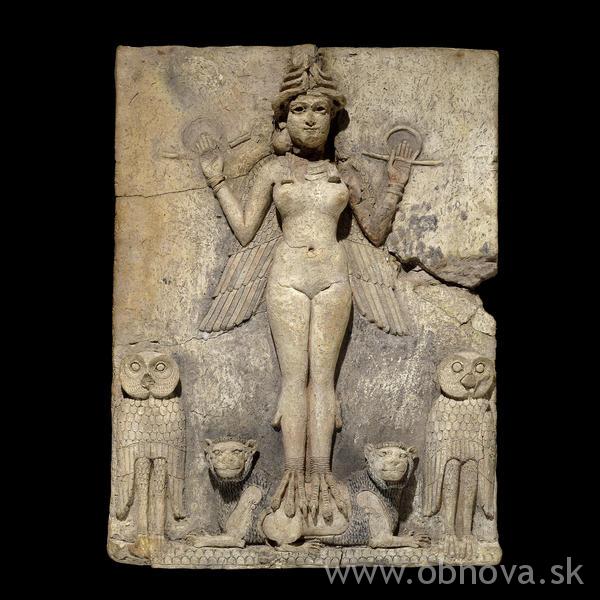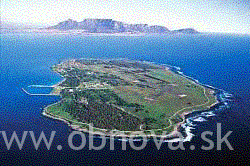Made in africa
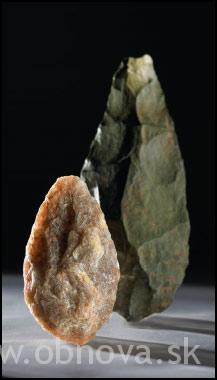
20 January – 3 April, Admission free
The oldest objects in the British Museum are stone tools made in Africa nearly two million years ago. They were found at Olduvai Gorge in Tanzania.Such tools were used for cutting meat, chopping and shaping wood, cleaning animal skins and smashing bones – they are the products of the first technological invention.
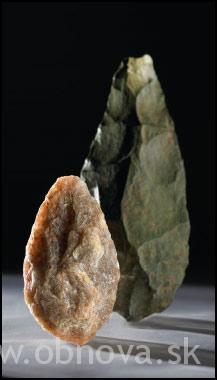
They mark the gradual evolution of creative intelligence among early humans and the dawn of cultural life. About a million years ago, early humans spread out of Africa into Asia and Europe. These tools remind us that human technology, culture and the human species all began in Africa.
Source: British Museum

